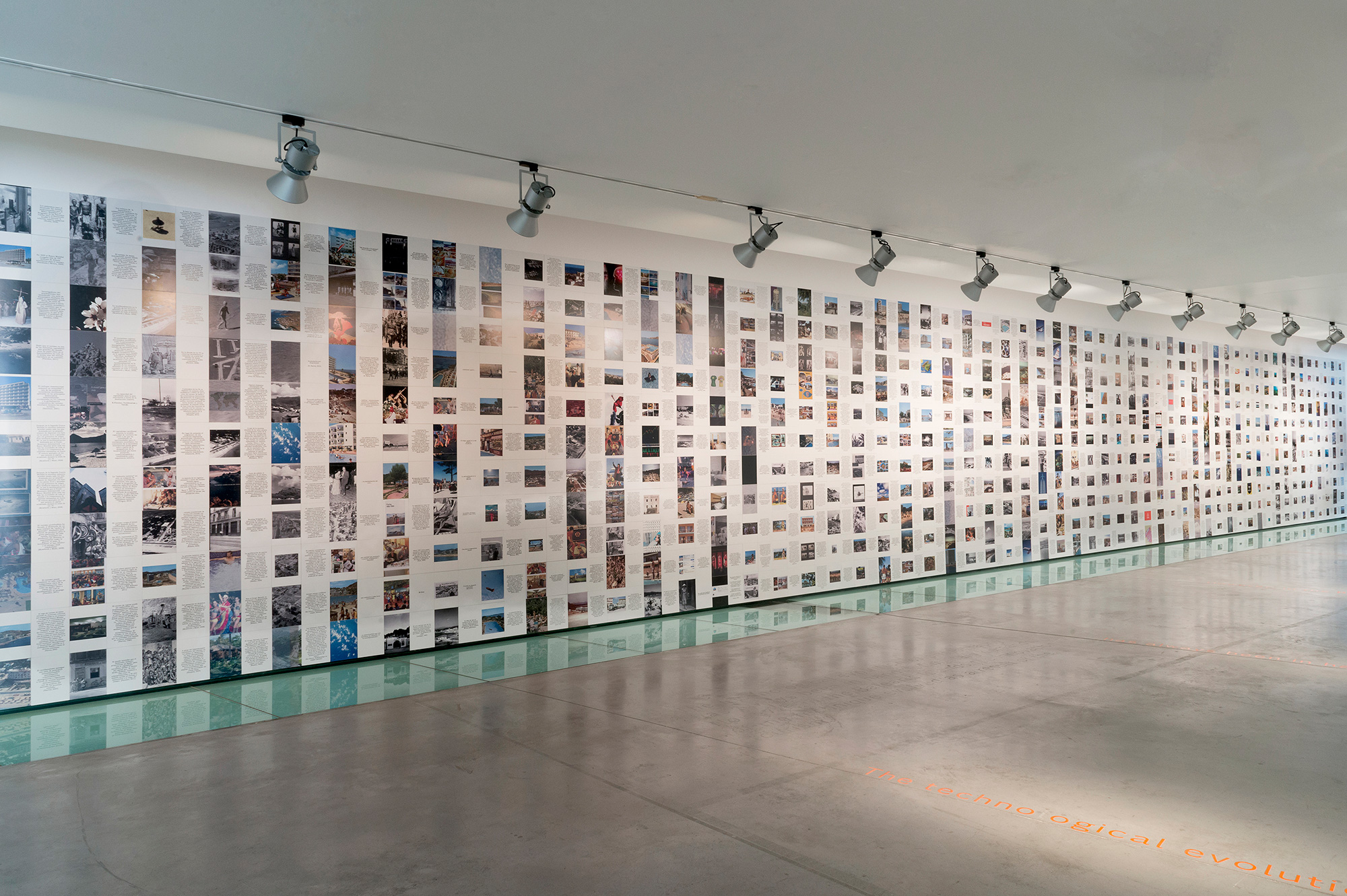Exhibitions
Els ulls sense rostre
Exhibition by Marina Planas
Biblioteca Roca Umbert
Carrer d’Enric Prat de la Riba, 77, 08401 Granollers, Barcelona
From October 19 to November 26
Timetable
| Regular opening hours of the Biblioteca Roca Umbert |
Els ulls sense rostre is a 1960 horror film directed by Georges Franju. It is about a brilliant and disturbed surgeon who kidnaps girls in order to use his skin to reconstruct the face and beauty of his daughter, shattered by a tragic accident for which he feels guilty. In this case it is not the doctor who diagnoses, but it is madness that takes over.
During the last decades of the nineteenth century, scientists increasingly tried to explain psychiatric illnesses and cognitive dysfunctions in terms of faulty biology. Many researchers looked for clues to external body anatomy by measuring and analyzing body shape, head configuration, and facial features. The rise of photography contributed to these efforts, as photographs not only allowed scientists to document evidence. Unfortunately, scientists looking for anatomical signs often exaggerated their findings, and their diagnoses often lacked scientific evidence. There have been people misdiagnosed, treated and even interned in institutions based on a single anatomical aspect and symptom.
Taking as a reference the ideas of the antipsychiatric movement promoted by psychiatrists Francesc Tosquelles and Franz Fanon, who promoted institutional therapy and the idea that community work in the psychiatric hospital helped to improve the emotional state of patients, during the project Els ulls sense rostre was carried out with the mental health collective in which a series of letters of consultation from the end of the century were seized XIX. The skulls and physiognomic features of anonymous people were measured as an action that recalls the erroneous practices that have been carried out by the psychiatric institution in the name of science.

Marina Planas
Marina Planas is a visual artist, researcher and cultural activist. His work broadly revolves around the boundaries between art and life, reality and visual representation, fiction and memory. Marina Planas, artist and granddaughter of Josep Planas Muntanyà, promoter of the image of the Spain outwards brand, safeguards and works with the materials of an archive, making a contemporary reading of the images. His work consists of a reflection from a historical revision with the aim of learning from the past through the remains of the materials that remain and how they configure our relationship with the past and the construction of its meaning from the present. His idea is that the process of history is conceived as a structural system of interactions and perpetual permutations. Thus, as history changes its meaning, the meaning of the archive also develops and expands. This reinforces the idea of variation and body with life, inherent in the archive. Taking various theoretical ideas, from the death of the author of Roland Barthes, to the translations of Derrida, through Benjaminian ideas, or the relational art of Nicolás Bourriaud and the emancipation of the spectator by Jacques Rancière, during these last ten years, all the work of Marina Planas is based on the Planas Archive.
In order to intervene and activate the archive and its relational practice, in 2017 she started the Art Investigation Programme, at the Casa Planas Centre for Contemporary Research and Culture (which she directs), thus promoting contemporary relational creation through her work. In this program he has collaborated with artists such as Joan Fontcuberta, Antoni Muntadas, Dora García and Pedro G Romero.
His installations, videos and photographs have been exhibited at Anthology Film Archive (Nyc), La Cigarreres (Valencia), in the context of the Venice Biennale, Centre d’Arts Santa Mònica (Barcelona), FRAC-Corse (France), Museu Es Baluard (Palma), Just Mad (Madrid), Biennale Longueuil (Montreal), Galería Mama (Rotterdam), Cortona on the Move International Photography Festival, among others.
She has obtained research grants from the governments of the Balearic Islands, Quebec, the United Kingdom, Pilar Juncosa and Sotheby’s, and has received commissions from different institutions in the art world nationally and internationally.

